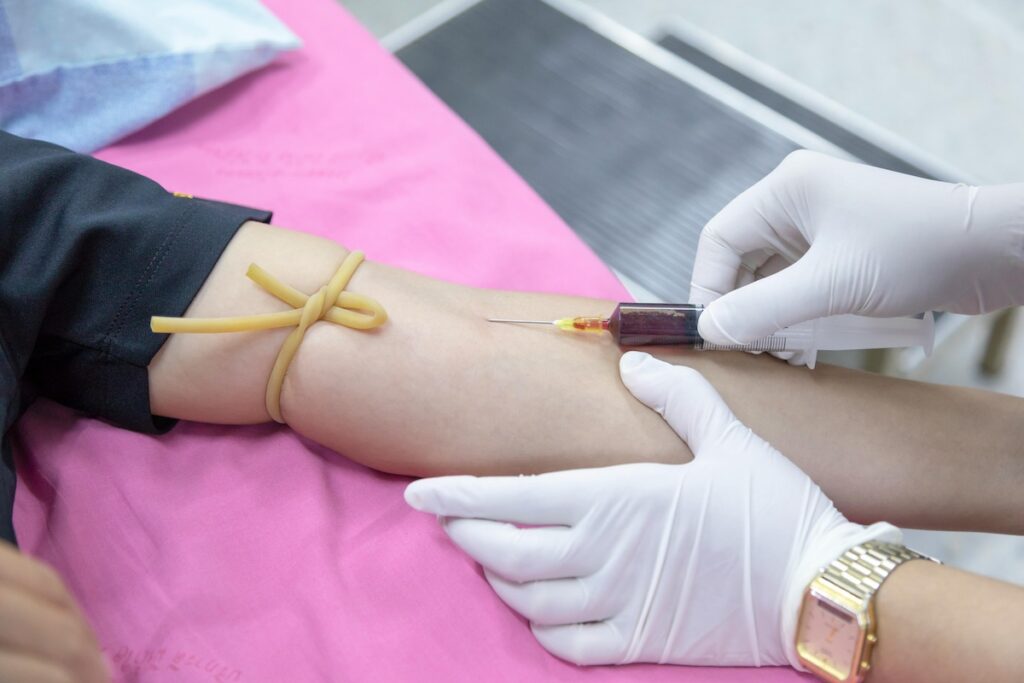Introduction
Imagine you’re traveling in Seoul, and suddenly your friend collapses on the subway platform. Or you witness a fire in your guesthouse late at night. In these situations, the number you need is 119.
In South Korea, 119 is the official emergency number for fire and ambulance services, and it is free to call from any phone. But as a foreigner, many questions arise:
- “Will the operator understand English?”
- “Is the ambulance free, or will I get a bill?”
- “What if I don’t know the exact address?”
This guide explains exactly how to use 119 in real emergencies, what to expect step by step, and how to get immediate help in Korea—even if your Korean is limited.
🚑 1. What is 119 Used For?
119 is South Korea’s emergency hotline for:
- Medical emergencies: sudden illness, accidents, unconscious patients.
- Fire emergencies: house fire, restaurant fire, car fire, gas leak.
- Rescue: traffic accidents, mountain rescues, drowning, disaster relief.
💡 Important: 119 is only for urgent emergencies. For general hospital inquiries, use 1339 medical hotline instead.
📞 2. How to Call 119
2.1 From a mobile phone
- Dial 119 directly. Works with Korean SIM, roaming SIM, or even no credit balance.
2.2 From a landline or payphone
- Simply dial 119 (no coins needed, calls are free).
2.3 What happens after dialing
- Operator answers in Korean: “119, 무슨 일이십니까?” (“119, what is the emergency?”).
- If you speak English, say immediately:
- “Hello, I am a foreigner. I need an ambulance. Location: [landmark].”
🗣 3. What to Say (English & Korean)
3.1 English Example Phrases
- “I need an ambulance. My friend is unconscious at [place].”
- “There is a fire at [place]. Please send firefighters.”
- “Car accident, multiple injured, near [landmark].”
3.2 Korean Survival Phrases
- 구급차! 빨리 와주세요! (Gugeupcha! Ppalli wajuseyo!) → Ambulance, please come quickly!
- 불이 났어요! (Buri natseoyo!) → There is a fire!
- 사람이 쓰러졌어요. (Saram-i sseureojyeosseoyo.) → A person collapsed.
- 교통사고가 났어요! (Gyotongsago ga natseoyo!) → There has been a car accident!
💡 Tip: Use landmarks (station, hotel, big building) if you don’t know the street address.
💰 4. Ambulance Cost in Korea
- Calling 119 and riding in the ambulance = Free.
- However, once you are taken to a hospital, you pay for treatment and tests.
- Foreigners without insurance must pay upfront or provide travel insurance details.
Example:
- Ambulance transport: Free
- ER consultation: ₩30,000–₩50,000
- CT scan: ₩200,000+
- Admission: varies
👉 Carry your passport and insurance documents when traveling.
🏥 5. What Happens After Calling 119
- Call received → Operator confirms location and type of emergency.
- Dispatch → Ambulance/fire truck sent from nearest station.
- On-site response → Paramedics stabilize patient, firefighters secure area.
- Hospital transfer → Ambulance takes patient to nearest ER.
💡 In Seoul, response time is usually within 5–10 minutes.
🏢 6. Alternative Ways to Get Help
- Go directly to a fire station (소방서, sobangseo). Many are open 24/7 and can dispatch ambulances.
- Ask locals to call 119:
- 저 좀 도와주세요. 119 불러주세요. (Jeo jom dowajuseyo. 119 bulleojuseyo.) → Please help me, call 119.
Most Koreans will assist immediately, even if they don’t speak English.
🌍 7. Language Support for Foreigners
- 119 call centers in major cities provide basic English support.
- If the operator doesn’t speak English, they may connect a translator line.
- Paramedics often use translation apps or simple English.
🚨 8. Real-Life Scenarios
Scenario 1: Tourist collapses at Gyeongbokgung
Foreigner calls: “I need an ambulance, Gyeongbokgung Palace, front gate.”
→ Ambulance dispatched within minutes.
Scenario 2: Fire in guesthouse
Foreigner shouts: “Fire! Fire!” and calls 119.
→ Fire trucks arrive, staff guide evacuation.
Scenario 3: Car accident in Busan
Foreigner doesn’t know address, but says: “Car accident, near Haeundae Beach, Paradise Hotel.”
→ Location is clear, ambulance sent.
✅ 9. Tips for Foreigners
- Save 119 as “Korea Ambulance/Fire” in your phone.
- Always carry hotel card (with Korean address).
- If in doubt, ask locals to call 119 for you.
- Don’t hesitate—ambulance is free to call.
- Learn one phrase: “사람이 쓰러졌어요!” (A person collapsed!).
✍️ Conclusion
For foreigners in Korea, 119 is your lifeline for emergencies. Whether it’s a sudden illness, an accident, or a fire, calling 119 connects you instantly to professional help.
Remember:
- 112 = Police
- 119 = Ambulance & Fire
- 1339 = Medical hotline
By knowing how to use 119, what to say, and what to expect, you can turn a frightening emergency into a manageable situation.

